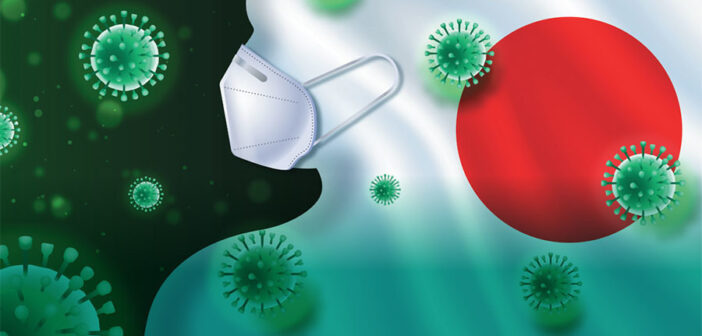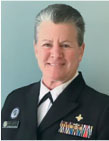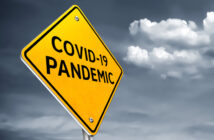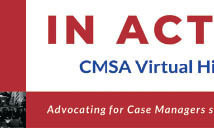BY , RN, MSN, CCM
Registered nurse and board-certified case manager Captain LJ Belsito deployed to Japan early in the pandemic during 2020 to help locate and treat Americans displaced in local hospitals due to a COVID-19 outbreak on board the Diamond Princess cruise ship. Here is her story.
In late January of 2020, an email came from our deployment operations seeking case managers to deploy. Many times, we understand and know ahead of time why teams are asked to respond to public health emergencies, but this year was different.
I responded to the call to service. I am a board-certified case manager and have been in nursing since 1980. My skills in case management and patient advocacy are something that have developed over the years. We need more people in these roles to help families and patients navigate through a complex healthcare system, understand insurance, and help to transition from one level to another safely without being readmitted. This mission turned out to be exactly that.
Originally, we were deployed to Yokohama, Japan, to evacuate and repatriate patients from the Diamond Princess cruise ship docked nearby. There were over 400 American citizens on the ship. Some were evacuated back to the United States quarantine sites, but many patients were hospitalized in over 20 hospitals in Japan. Additionally, we identified 13 critically ill patients. This mission evolved each day we were on the ground. We arrived in Japan on February 16, and by February 20, 2020, had identified which hospitals patients were admitted to. However, the process to obtain clinical information and status on each of these patients was one of our biggest hurdles due to the different medical systems and processes in Japan. Once we were able to overcome the language barriers, our officer in charge discussed our role in country with the Japanese healthcare minister.
Each of the hospitals provided clinical information to help us manage these patient cases. We started a case management medical record on each patient, sometimes receiving reports and updates 2-3 times a day. Our command center in our hotel room ran from 0900–2300 or longer each day. Through this process, we identified four patients who met criteria and obtained approval for compassionate use of remdesivir. Four of the 13 critically ill patients received the 10-day course of the medication and survived. Twelve of those patients returned to the USA and all are doing well and have recovered. One patient we were following, who did not meet criteria for the medication, did return to the USA after months of care, but passed away in July 2020.
All categories of Public Health Service officers were involved in the deployment, and each one played a significant role in its success. Our mission continued back in the USA after our team came home March 6th, 2020. Team Remdesivir 2 was set up under RADM Childs at NIH to monitor patient status and communicate on their behalf. Their goal was to continue communications with the hospitals in Japan and to be the conduit to families seeking information on loved ones.
This mission was one of a kind, and it became clearer every day why we were there. We found and identified these patients, made calls to and visited hospital staff and families who were in Japan, and in the end saved lives.
A video was made of the mission. Please feel free to watch at https://www.youtube.com/watch?v=8h8HFaNe2Ww
From all at CMSA, we thank Captain Belsito and her colleagues for their work during this challenging time.





